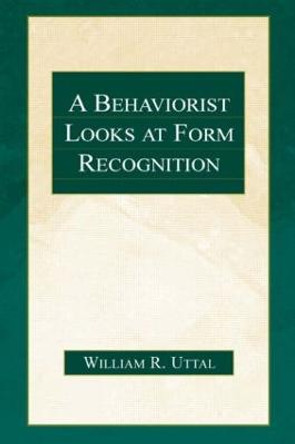In this significant contribution to Hegel scholarship, Robert Williams develops the most comprehensive account to date of Hegel's concept of recognition (Anerkennung). Fichte introduced the concept of recognition as a presupposition of both Rousseau's social contract and Kant's ethics. Williams shows that Hegel appropriated the concept of recognition as the general pattern of his concept of ethical life, breaking with natural law theory yet incorporating the Aristotelian view that rights and virtues are possible only within a certain kind of community. He explores Hegel's intersubjective concept of spirit (Geist) as the product of affirmative mutual recognition and his conception of recognition as the right to have rights. Examining Hegel's Jena manuscripts, his Philosophy of Right, the Phenomenology of Spirit, and other works, Williams shows how the concept of recognition shapes and illumines Hegel's understandings of crime and punishment, morality, the family, the state, sovereignty, international relations, and war. A concluding chapter on the reception and reworking of the concept of recognition by contemporary thinkers including Derrida, Levinas, and Deleuze demonstrates Hegel's continuing centrality to the philosophical concerns of our age.
About the AuthorRobert R. Williams, Professor of Philosophy at Hiram College and Vice-President of the Hegel Society of America, is author of Recognition: Hegel and Fichte on the Other (1992).
Book InformationISBN 9780520224926
Author Robert R. WilliamsFormat Paperback
Page Count 450
Imprint University of California PressPublisher University of California Press
Weight(grams) 680g
Dimensions(mm) 229mm * 152mm * 28mm










